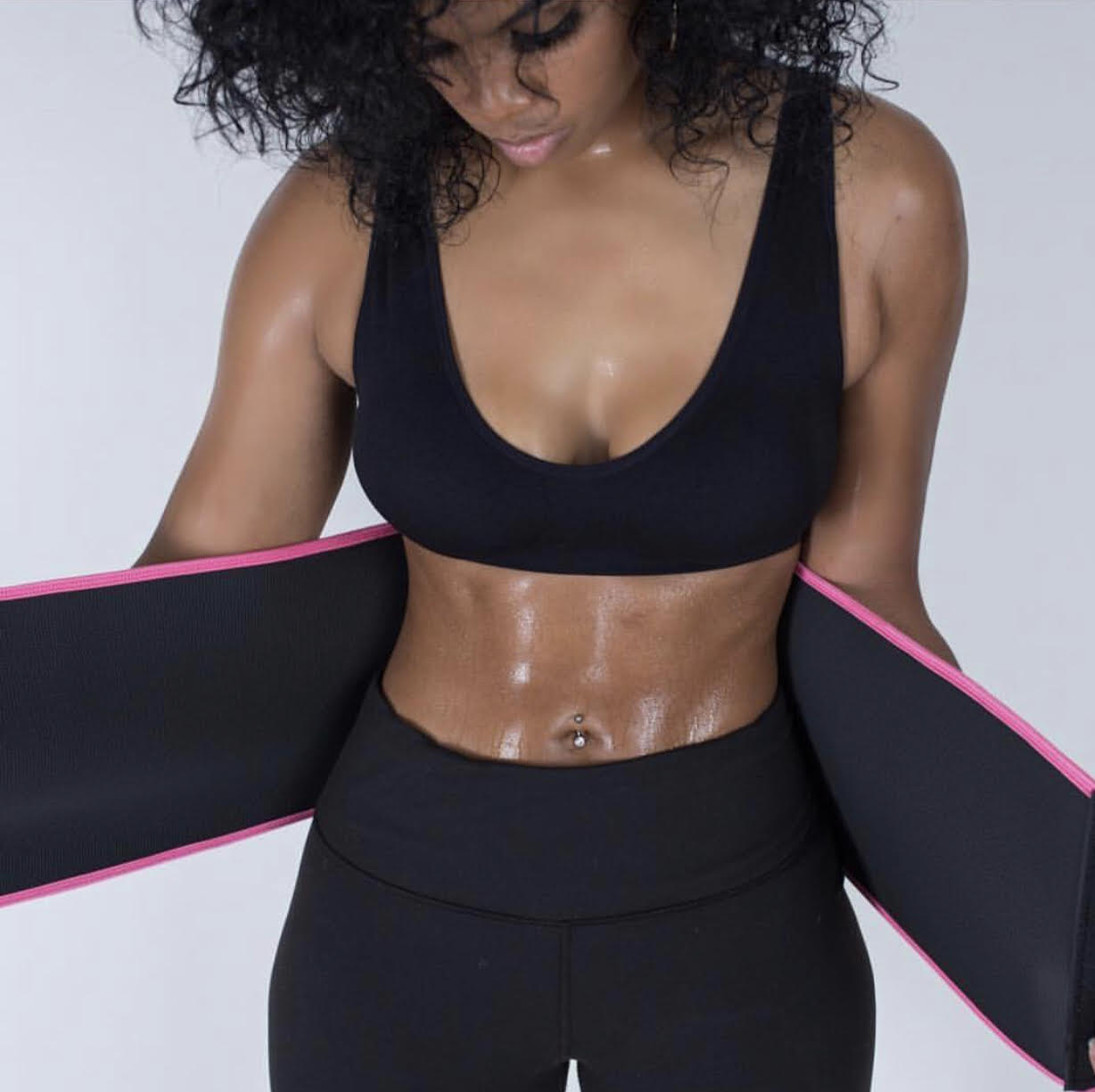What Sweat says About Your Health

Sweat can indicate a lot of things: you've just run a 5k with fat trim belt and applied fat trim cream, you're overheated in a sauna, you're nervous at a job interview. But if you're not sweating bullets, you probably aren't paying much attention to your normal, everyday sweat.
If Your Sweat Really Stinks…
You're probably stressed. Ever notice that when you sweat at the gym, it’s usually pretty stink-free? Meanwhile, you get hit with a high-pressure situation at the office and you find yourself saying a silent prayer to the deodorant gods that no one will get close enough to smell you. That’s because these two types of sweat are actually produced by different glands. When you overheat, sweat is produced by eccrine glands, which are found all over your bod and produce sweat that is mostly water and salt. Meanwhile, stress sweat comes from apocrine glands, which are mostly confined to your armpits and produce sweat mixed with fat, protein, and skin bacteria. Hence the stench.
If You Sweat A LOT…
We all sweat at different rates at different times, and for the most part, a range is normal. But as a general rule of thumb, the fitter you are, the more you’re prone to perspire. A study done in Japan found that not only do fitter people tend to sweat at a greater volume, they also start sweating sooner. So if you notice that midway through marathon training your shirt is getting soaked after just a few miles, take it as a cue that your training is on track.
If you find yourself with sweaty palms when you’re not nervous or a sweaty bod even when you’re not working out, you might have a condition called hyperthyroidism, which describes excessive sweating that’s not related to sweltering temps or hitting the gym. If this is the case, you may need to see your doc for a prescription strength antiperspirant.
If You Sweat Barely at All…
Some of us sweat more than others—it all depends on the number of sweat glands you have (most of us have between two and four million). So if your Pilates partner is drenched and you’re just a little glowy, don’t sweat it—it doesn’t necessarily mean you’re not working hard enough.This is a good time to consider applying body maxx fat burning cream along with women waist trainer or body maxx arm slimmers. This well get sweat going.But if you’re in the middle of an intense workout and not sweating at all, that could signal a problem. Anhidrosis is a medical condition (it's usually genetic but can also be caused by factors like skin trauma) defined by the inability to sweat normally, and can affect your entire body or just certain areas. If you can’t sweat, your body can’t properly regulate your temperature, which can be dangerous consult with a DR.
If Your Sweat Is Salty…
If you have white streaks dripping down your face at the end of a hot summer run or it burns when sweat gets in your eyes, this probably means you’re good on water but low on sodium. Although it seems a little counterintuitive, salty sweaters are actually lacking sodium in their diet, which is an essential ingredient for keeping you hydrated. Those sweat sensors we told you about can actually measure your levels of potassium and sodium, both important electrolytes for keeping you hydrated—in real time. Especially if you’re training for something (marathon season will be here before you know it), it’s important to know when to reach for a Powerade to keep you at peak performance. A lack of one of these two nutrients in your sweat can also signal a more serious nutritional deficiency.





